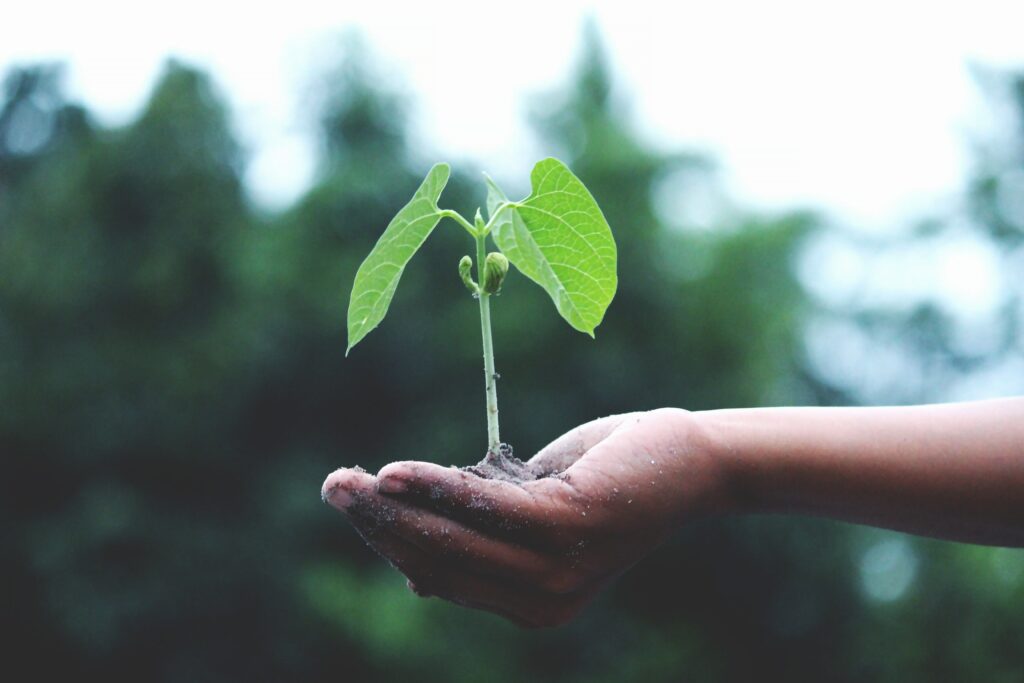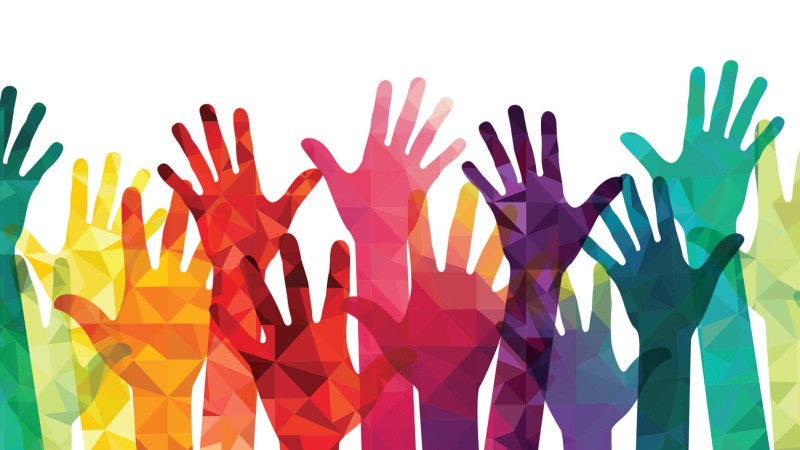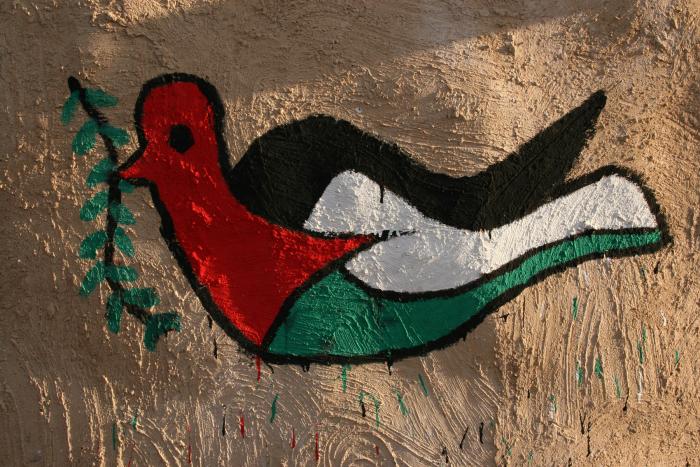Social Justice & Public Witness
As diverse people of faith, we are called to engage in art and justice-making as co-creators with God. Our congregation has several active and ongoing justice ministries, including climate justice, anti-racism, solidarity and right relations with Indigenous peoples, and peacebuilding in the Middle East.


The settler colonial history of Canada is the story of the dispossession of Indigenous peoples from their land, and the attempt, through a policy of assimilation, to erase Indigenous peoples as distinct spiritual, social, cultural and political communities.
The Indigenous Rights Solidarity Group (IRSG) with members from Bathurst, Bloor Street and Trinity-St. Paul’s, seeks to open ourselves to the truth of this history; to be open to renewed relationships with Indigenous peoples, in a spirit of honesty and humility; and to work in solidarity towards a future of justice, as envisioned in the United Nations Declaration on Indigenous Rights.

We are following our Christian faith by helping eradicate systemic racism. We humble ourselves in reflection and take collaborative action to help dismantle racism within our community of Toronto.

Peacemaking seeks long term sustainable solutions rather than polite agreements or uneasy and fragile truces to difficult conflicts. Peacemaking seeks to disenfranchise, or confront in a process of controlled escalation, those who seek unfair advantage, who exploit racial or class or gender differences, and who prefer to maintain disparities that favour themselves. The focus on peace making includes initiatives devoted to the Middle East (MEWG), refugees, and restorative justice.